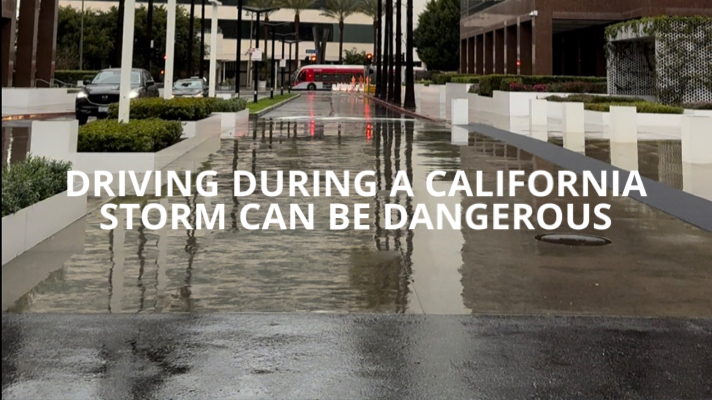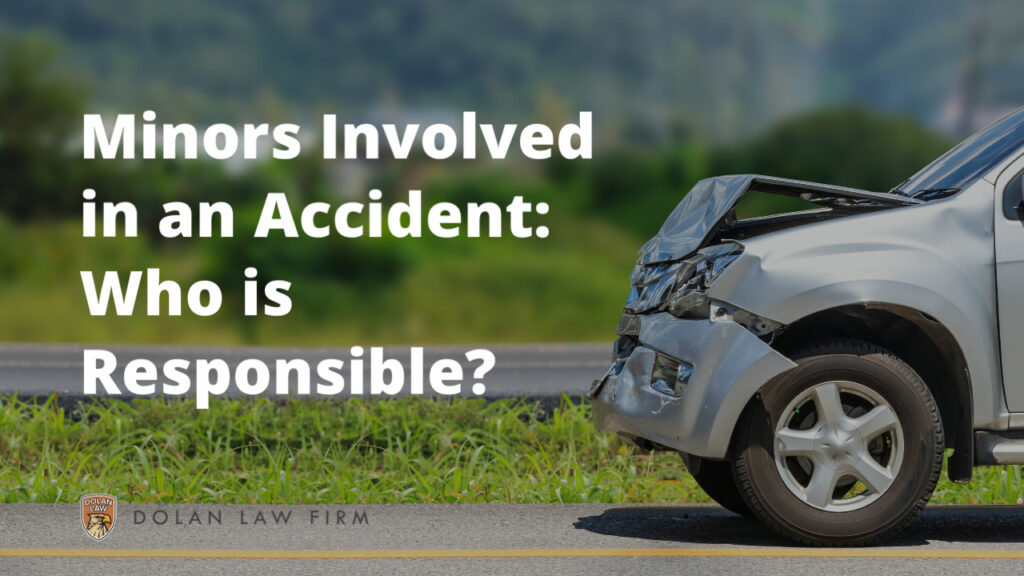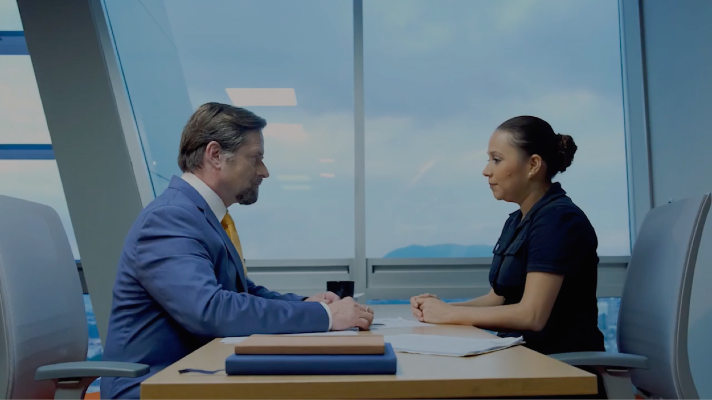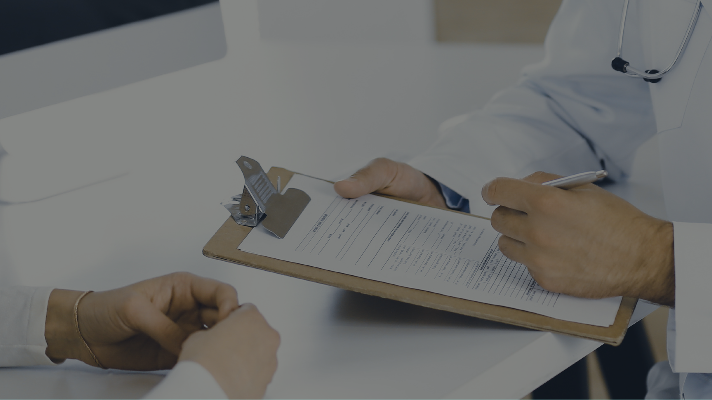Driving During an Atmospheric River Storm can be Dangerous
Written By Chris Dolan and Breanna Martinez As the heavy rain steadily falls upon California, drivers are understandably apprehensive about their safety in the flooding roads. The window of greatest danger while driving in the rain typically spans 10 to 20 minutes after the rainfall begins. The initial rain of the season does pose heightened […]
Driving During an Atmospheric River Storm can be Dangerous Read More »







